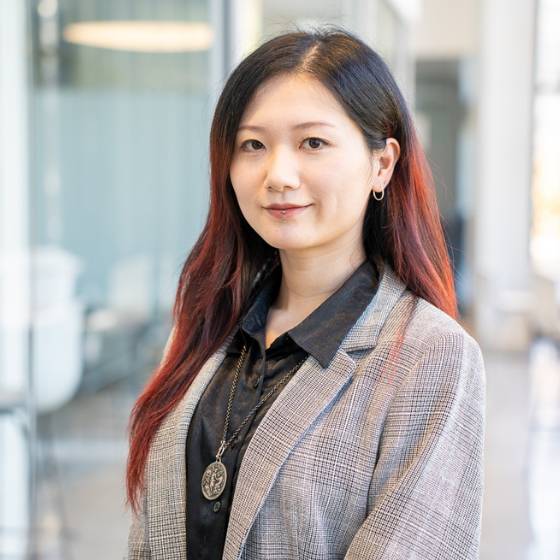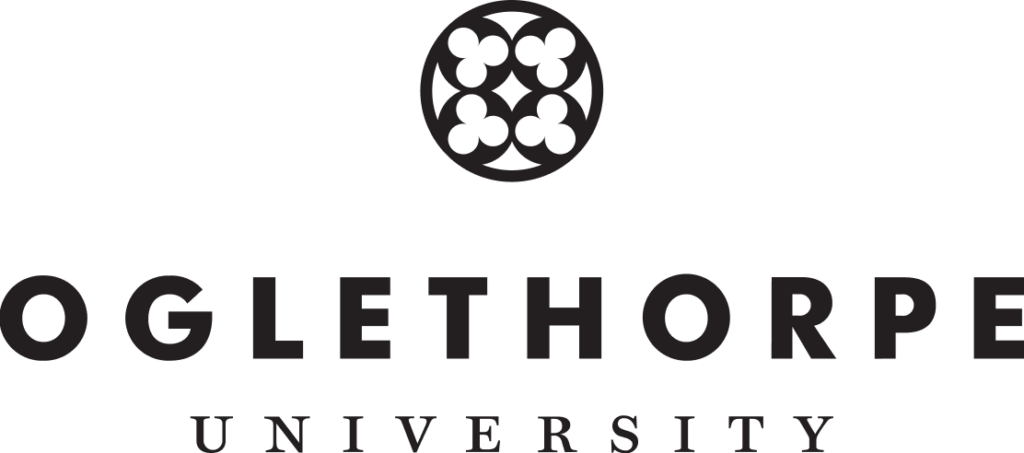Education:
B.A., Psychology, Davidson College
M.S., Human-Computer Interaction, Georgia Institute of Technology
M.A., Experimental Psychology, College of William and Mary
Ph.D., Sociology, Emory University
Areas of Research and Interest:
- Wellbeing and happiness
- Political and moral psychology
Courses Taught:
- PSY 101. Introduction to Psychology
- PSY/SOC 290. Science of Happiness
- COR 201. Human Nature and Social Order I
- COR 400. Science and Human Nature
Publications:
- Locke, K. D. & Martin, C. C. (in press). Evaluating an Abbreviated Version of the Circumplex Team Scan Inventory of Within-Team Interpersonal Norms. European Journal of Psychological Assessment.
- Bianchi, E. C., Martin, C. C., & Li, R. (2022). Does job satisfaction rise during recessions? Cross-sectional, longitudinal, and experimental evidence that job satisfaction increases in bad economic times. Academy of Management Journal. Advance online publication. doi:10.5465/amj.2019.0405
- Martin, C. C. & Butera, C. (2022). Can brief interventions improve functioning in student dyads? Journal of Articles in Support of the Null Hypothesis, 19(1), 1-12.
- Martin, C. C. & Locke, K. D. (2022). What do peer evaluations represent? A study of rater consensus and target personality. Frontiers in Education. Doi: 10.3389/feduc.2022.746457
- Martin, C. C., & Zyphur, M.J. (2021). Justice and inclusion mutually cause each other. Social Psychological and Personality Science. Advance online publication. doi:10.1177/1948550621102976
- Martin, C. C. (2021). ENHANCE-II: An abridged intervention to promote subjective well-being. International Journal of Applied Positive Psychology. Advance online publication. doi: 10.1007/s41042-021-00057-9
- Martin, C. C. (2020). Why do college counselors perceive anxiety as increasing? A semi-structured examination of five causes. Journal of College Student Psychotherapy. doi: 10.1080/87568225.2020.1753611
- Martin, C. C. (2020). How education did (and did not) accentuate partisan differences during the Ebola outbreak of 2014-15. Journal of Social and Political Psychology, 8, 103-131. doi: 10.5964/jspp.v8i1.1072
- Martin, C. C., Newstetter, W. C., & Le Doux, J. M. (2019). Inclusion requires a comprehensive understanding of justice. Journal of Engineering Education, 108, 453-458. doi: 10.1002/jee.20296
- Martin, C. C. (2019). High socioeconomic status predicts substance use and alcohol consumption in U.S. undergraduates. Substance Use & Misuse, 15, 1035-1043. doi: 10.1080/10826084.2018.1559193
- Martin, C. C. (2017). Stereotypes violate the postmodern construction of personal autonomy [Invited Commentary]. Behavioral and Brain Sciences, 40, e1. doi: 10.1017/S0140525X15002381
- Yount, K. M., Miedema, S., Martin, C. C., Crandall, A, & Naved, R. T. (2016). Men’s coercive control, partner violence perpetration, and life satisfaction in Bangladesh. Sex Roles, 74, 450–463. doi: 10.1007/s11199-016-0584-3
- Martin, C. C. (2016). How ideology has hindered sociological insight. The American Sociologist, 47, 115–130. doi: 10.1007/s12108-015-9263-z
- Martin, C. C., & Keyes, C. L. M. (2015). Investigating the Goldilocks Hypothesis: The non-linear impact of positive trait change on well-being. PLOS ONE, 10(7). doi: 10.1371/journal.pone.0131316
- Martin, C. C., & Nezlek, J. B. (2014). The White ceiling heuristic and the underestimation of Asian-American income. PLOS ONE, 9(9). doi: 10.1371/journal.pone.0108732




